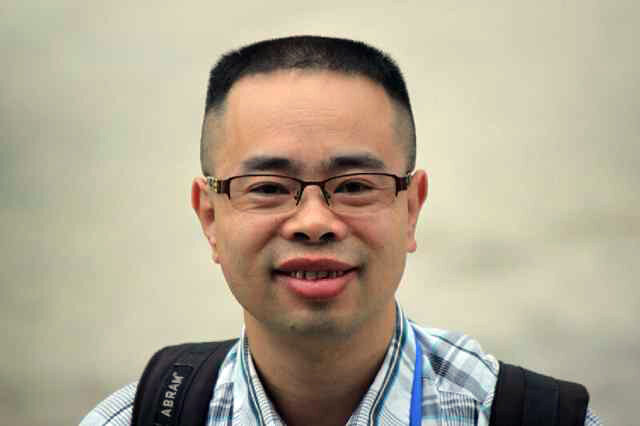New Chinese Regulations Extend State Control over Religion
(From the July - September 2021 issue of VOX)
China has further tightened its grip on religion by introducing new “Administrative Measures for Religious Clergy”, which came into effect on 1 May.
The new measures apply to the five authorised religions – Buddhism, Catholicism, Islam, Protestantism and Taoism – and are an extension of regulations that came into force in 2018 and 2020. In an example of how these regulations are affecting church life, earlier this year Pastor Li Juncai of Yuanyang County Central House Church in Henan province was sentenced to five and a half years in prison for objecting to the removal of his church cross and refusing to change church signs proclaiming “Love God and people” to “Love country, love religion”.
Under the new Administrative Measures, those who “engage in religious teaching activities” must register on a database of religious clergy and anyone not registered on the database will not be permitted to undertake ministry. To qualify, “Religious clergy should love the motherland, support the leadership of the Chinese Communist Party… practice the core values of socialism… and play a role in promoting the Sinicisation of religion.”
Sinicisation is China’s policy of making all religions Chinese in character and bringing them into submission under the Chinese Communist Party. For Christians, that means forcing churches to register with the Three-Self Patriotic Movement (for Protestants) or the Chinese Catholic Patriotic Association and obeying an increasing number of conditions. Registered churches must sing patriotic songs, fly the national flag, install surveillance cameras, listen to pro-Communist Party sermons, put up portraits of the president and display quotes from his speeches extolling “core socialist values”. Clergy are forbidden to “organise, host, or participate in unauthorised religious activities held outside the authorised places of religious activities.”
Most Chinese Christians choose to belong to unregistered churches, which continue to be heavily persecuted because they seek to function independently. Pastors and members are regularly kept under surveillance, harassed, arrested, interrogated, beaten, charged and imprisoned by a combination of government officials and police.
One recent example is Pastor Yang Hua of Huoshi “Living Stone” Church in Guizhou province, who was brutally beaten after local Chinese Communist Party police learned that he planned to visit Christian friends in a neighbouring province. Yang Hua is no stranger to persecution, having previously spent two and a half years in prison.
Find out more at www.churchinchains.ie.



